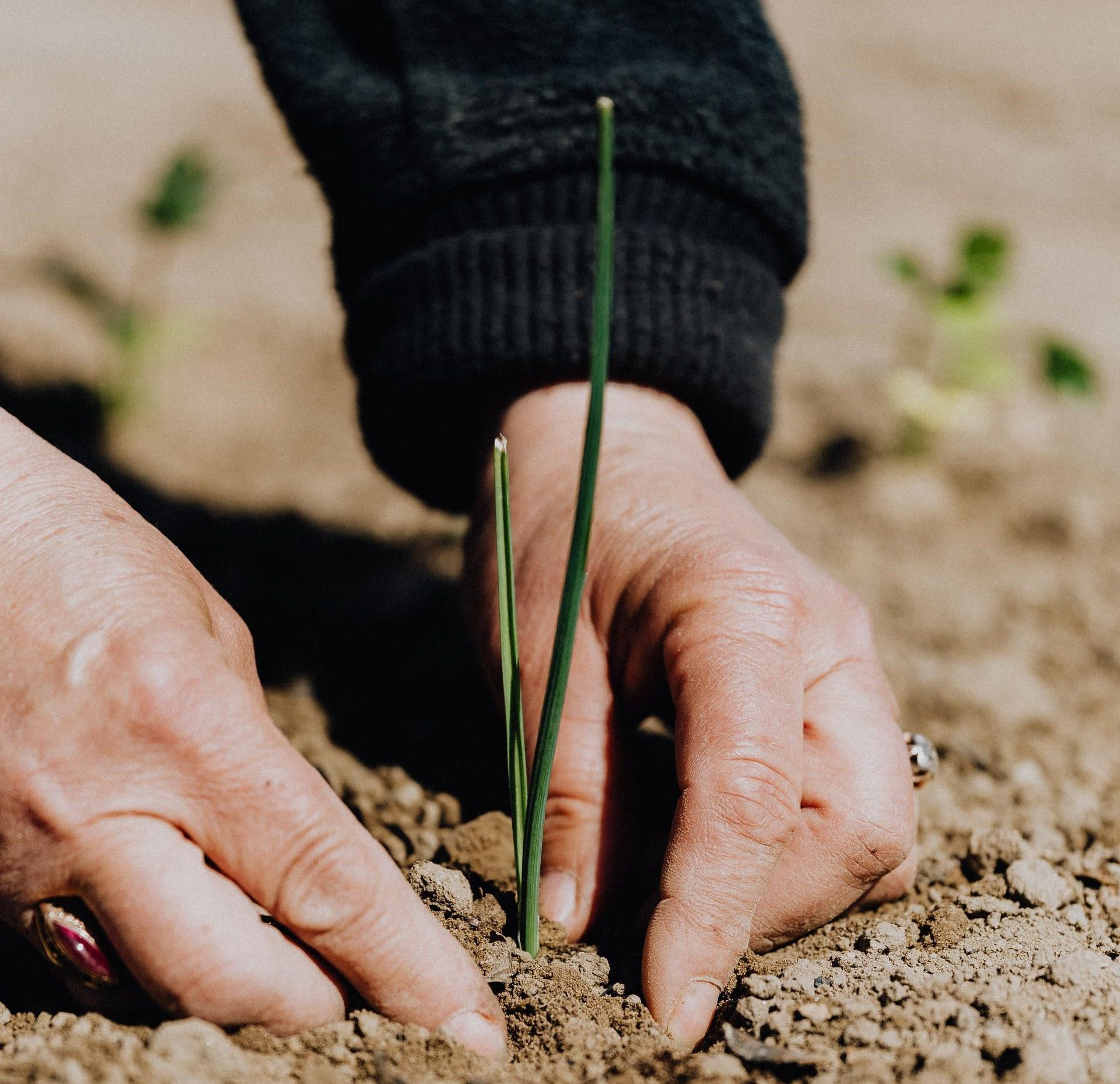FF News and Views – March 2023
March 2023, Volume 43, Number 166
Celebrating Asian American and Pacific Islander Heritage Month
Launch of the Asia-Pacific Regional Overview of Food Security and Nutrition 2022 – Urban Food Systems and Nutrition
Food and Agriculture Organization of the United Nations. (2020). Mental health in agriculture: Asia-Pacific perspectives.
This report by the Food and Agriculture Organization of the United Nations, examines the mental health challenges faced by agriculture workers in the Asia-Pacific region. The report highlights the prevalence of mental health issues among these workers and the challenges agriculture workers face. Compounding all make agriculture workers What causes agricultural workers in the Asia-Pacific region more susceptible to mental illness is the compounding factors of isolation, financial stress, and exposure to environmental hazards.
This report emphasizes the need for increased attention to mental health in the agriculture sector; including the development of culturally appropriate support services. It also highlights the need for increased investment in mental health programs and services in rural areas, where access to these services may be limited. In addition, the report underscores the importance of addressing cultural stigmas surrounding mental health, and how we can build supportive social networks to better support agriculture workers in this region.
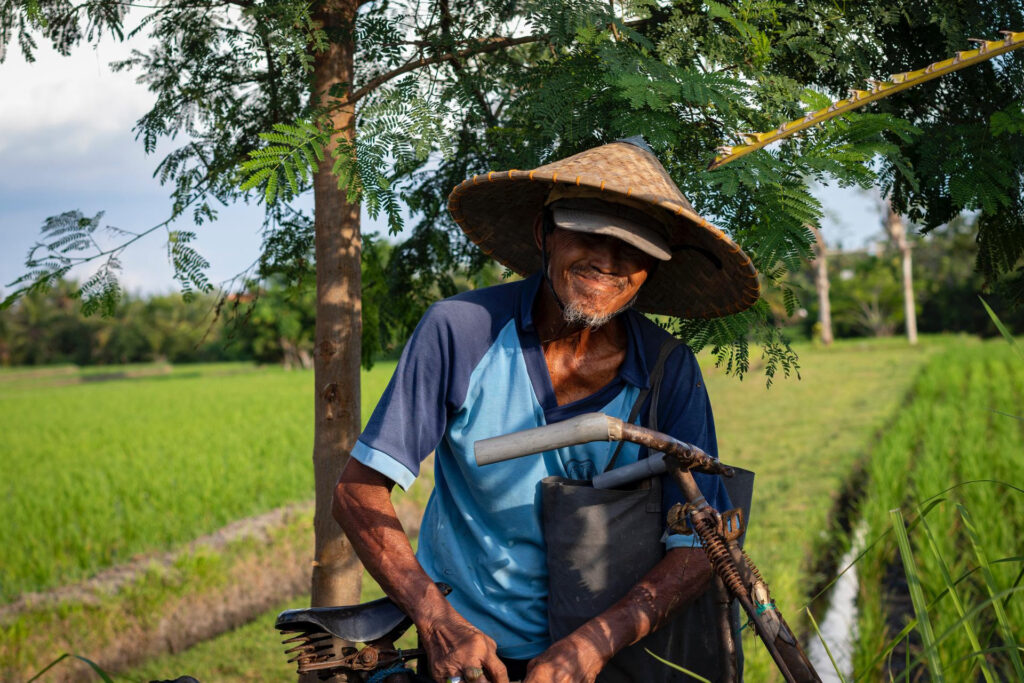
Celebrating Mental Health Awareness Month
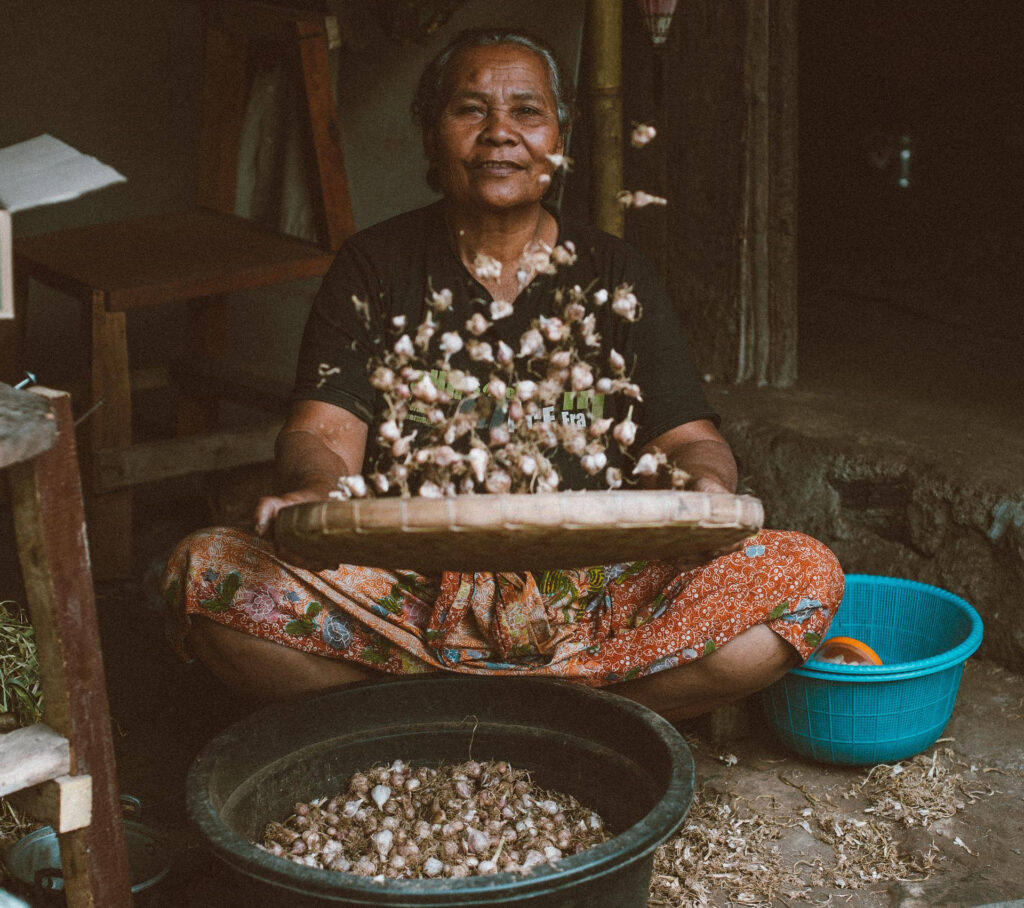
Cultivemos Podcast: Cultivating Resilience
Cultivemos is a grassroots organization dedicated to providing mental health resources for farmers in urban areas. In collaboration with Cultivemos, Food First is launching season two of the podcast series: Cultivating Resilience. Through a combination of storytelling and expert interviews, Cultivemos aims to shed light on the mental health struggles faced by urban farmers and offer support to those in need. Join them on their journey as they share how we can work together to build a healthier, more resilient food system. Listen to the first season of the podcast here.
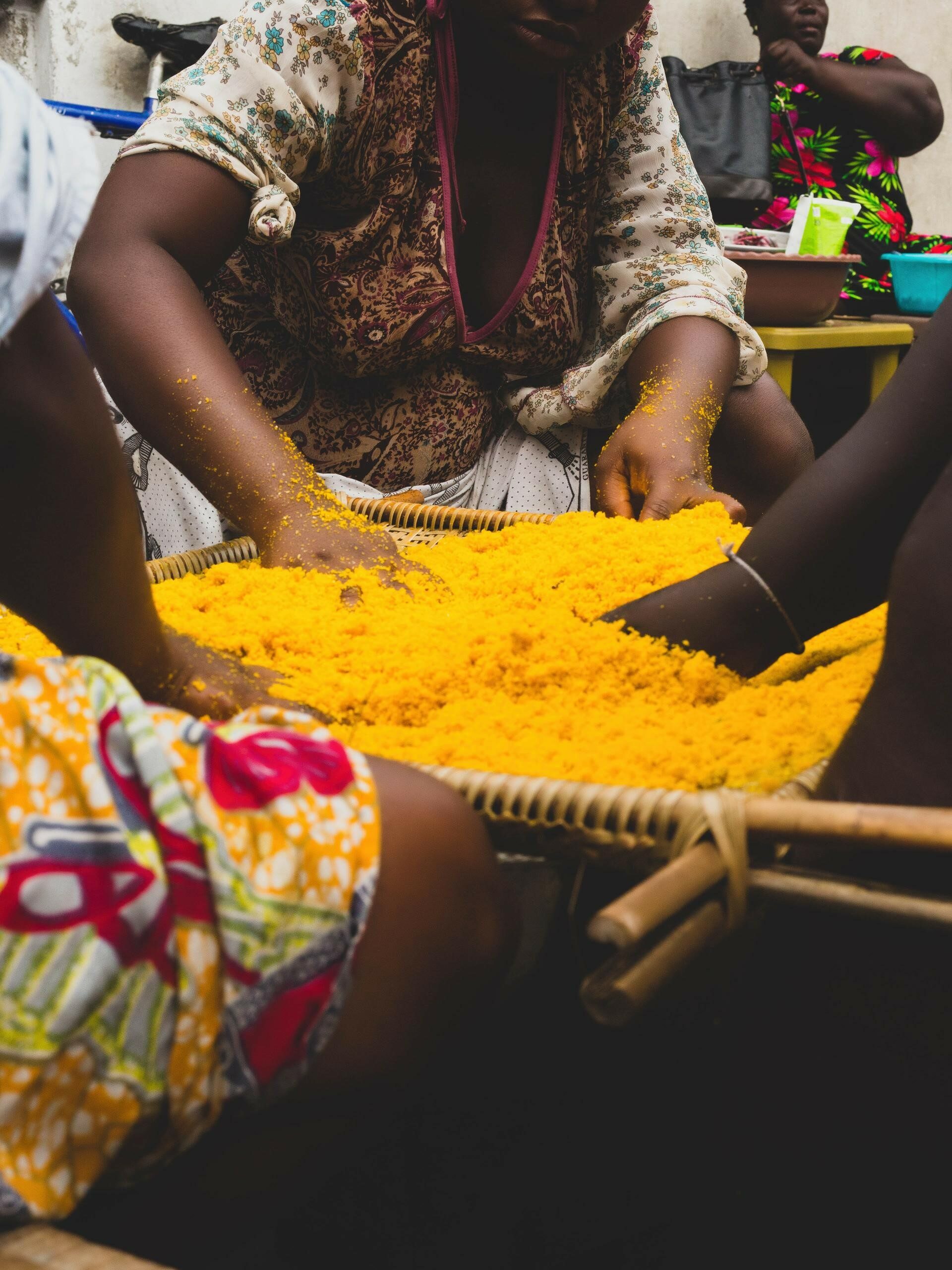
The Growing Mental Health Crisis Among Farmers: A Call to Action
One of the listed ‘Agripreneurs,’ Perteet Spencer, infused her Liberian roots to create the Ayo West African Foods company. Ayo West African Foods brings authentic, convenient and sustainable West African cuisine to America’s tables. Since 2020, her company has expanded from 50 Whole Foods stores in the South to over 5,000 retail locations across the country. Her work has generated social, economic, and environmental benefits by creating a demand for resilient and nutrient-dense foods. Ayo West African Foods uses sustainable, upcycled ingredients sourced from a partnering non-profit; Girl Power Africa. Her company has not only provided sustainable solutions to those in need, but has also created new income streams for women working to improve our global food system.
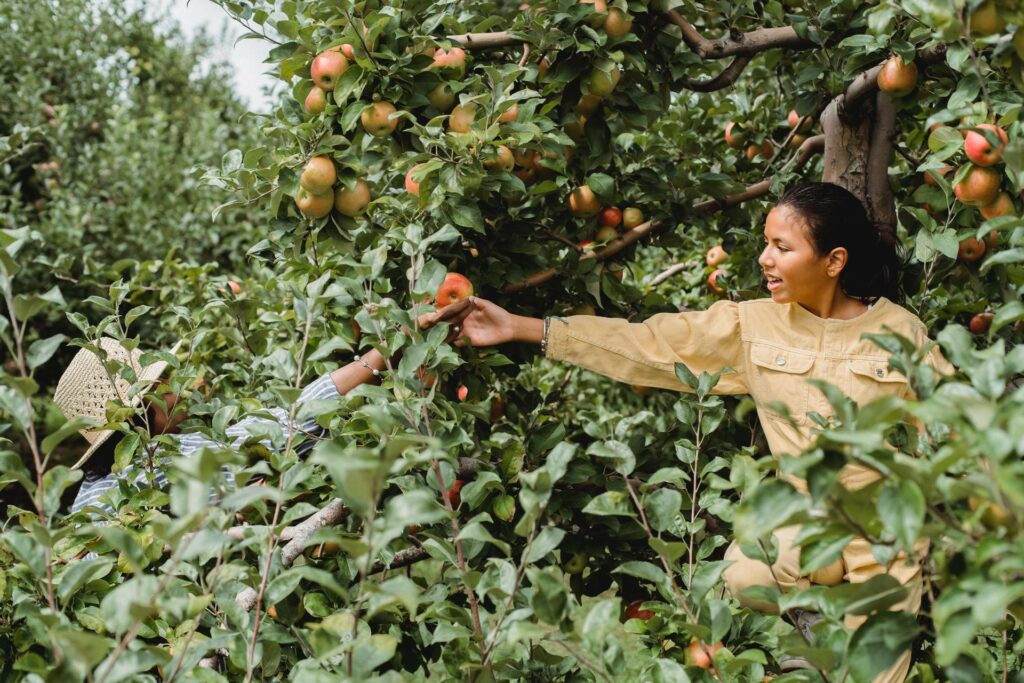
A Manifesto for Disrupting Global Food Politics
In this article, Danielle Nierenberg, President of Food Tank, shares her recommendations for creating lasting change in our food system:
“First, invest in women in agriculture. Globally, women account for approximately 43 % of the agricultural labor force and in some countries, they make up nearly 70 % of all farmers. Universally, women are not allowed access to the same resources and respect as their male counterparts…Policymakers and the private sector are missing a chance if they don’t provide investment and capital to ensure true equity with respect and honor Indigenous Peoples and people of color in our food and agriculture systems.”
She notes that the current system is riddled with inefficiencies and inequalities, resulting in food insecurity for millions of people worldwide. To address these challenges, Nierenberg proposes a “food democracy manifesto,” which includes prioritizing small-scale farmers, empowering women and marginalized communities, and increasing access to nutritious and diverse foods. She also emphasizes the need for collaboration between governments, businesses, and civil society to achieve these goals. By implementing these changes, Nierenberg argues that we can create a more equitable and sustainable food system for everyone.
Celebrating National Nutrition Month
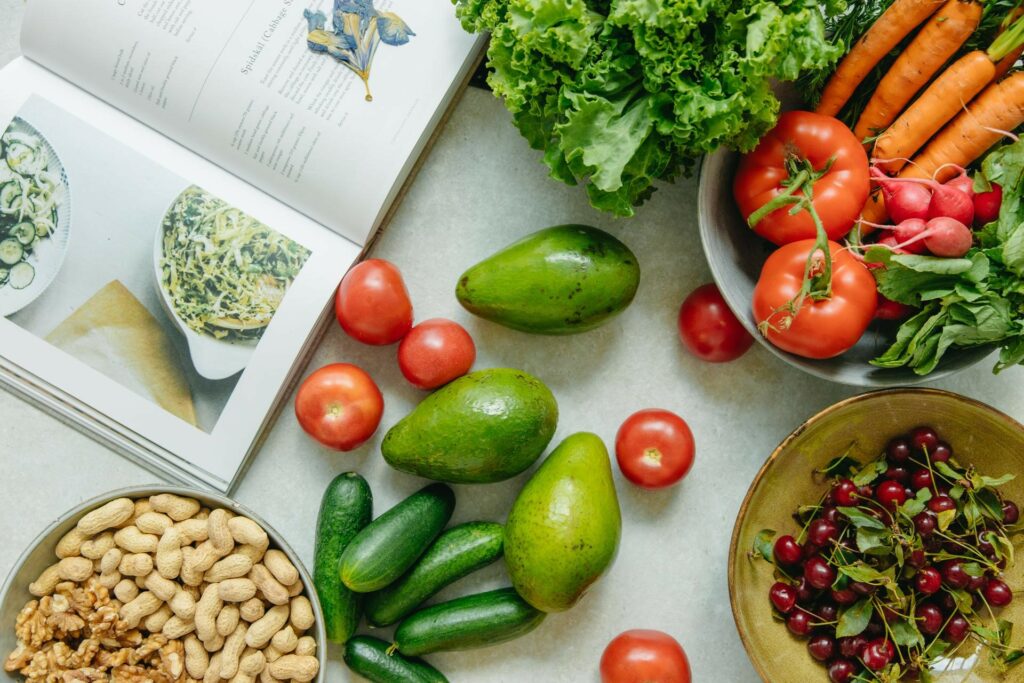
A Podcast for the Diversify Dietetics Community
She notes that the current system is riddled with inefficiencies and inequalities, resulting in food insecurity for millions of people worldwide. To address these challenges, Nierenberg proposes a “food democracy manifesto,” which includes prioritizing small-scale farmers, empowering women and marginalized communities, and increasing access to nutritious and diverse foods. She also emphasizes the need for collaboration between governments, businesses, and civil society to achieve these goals. By implementing these changes, Nierenberg argues that we can create a more equitable and sustainable food system for everyone.

How the Nutrition Field is Harmful for BIPOC Communities
This article discusses the importance of representation in the nutrition industry for BIPOC (Black, Indigenous, and People of Color) communities. Historically, the nutrition industry has been dominated by white voices and perspectives, resulting in a lack of diversity in nutrition education, research, and resources. This lack of representation has led to health disparities for BIPOC communities, who often face higher rates of diet-related diseases. The article highlights several initiatives and organizations working to increase representation in the nutrition industry, including diversifying research teams, supporting BIPOC nutrition professionals, and creating culturally relevant nutrition resources. This is why we need continued effort to increase representation and improve health outcomes for BIPOC communities.
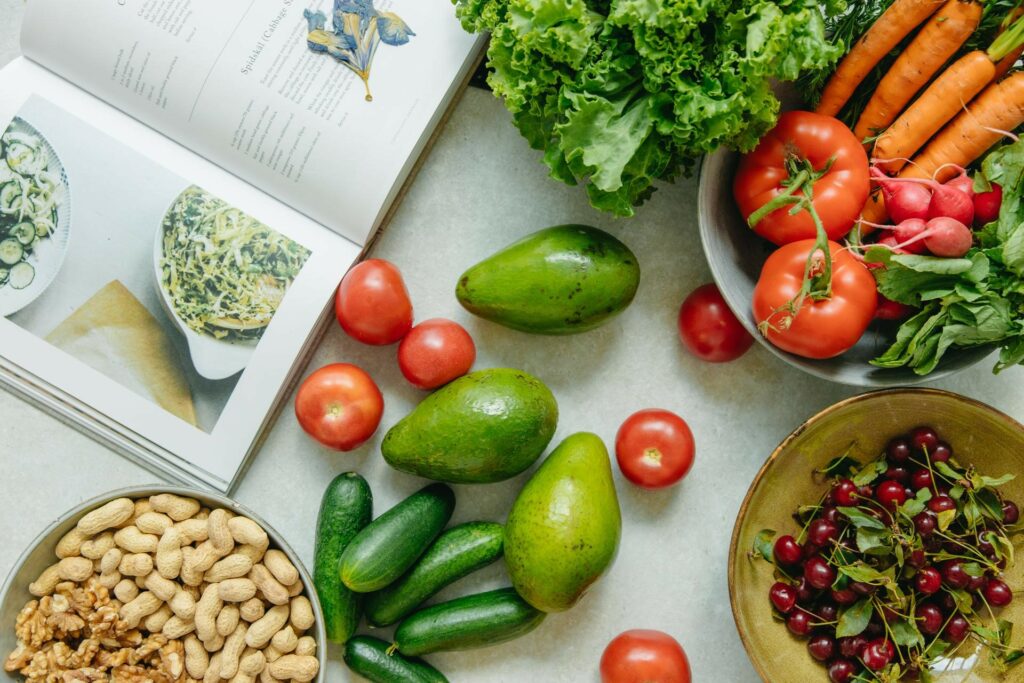
Recipe4Health Initiative
The Alameda County Recipe4Health initiative is an integrative model that addresses the main social determinants of health — food insecurity and chronic disease resulting from a lack of access to nutritious foods. The “Recipe4Health” approach encourages a more holistic view of food and nutrition, and emphasizes the importance of making conscious and informed choices about what we consume. This innovative approach seeks to advance health and racial equity by increasing access to affordable, nutrient-rich food that improves overall health and wellbeing.
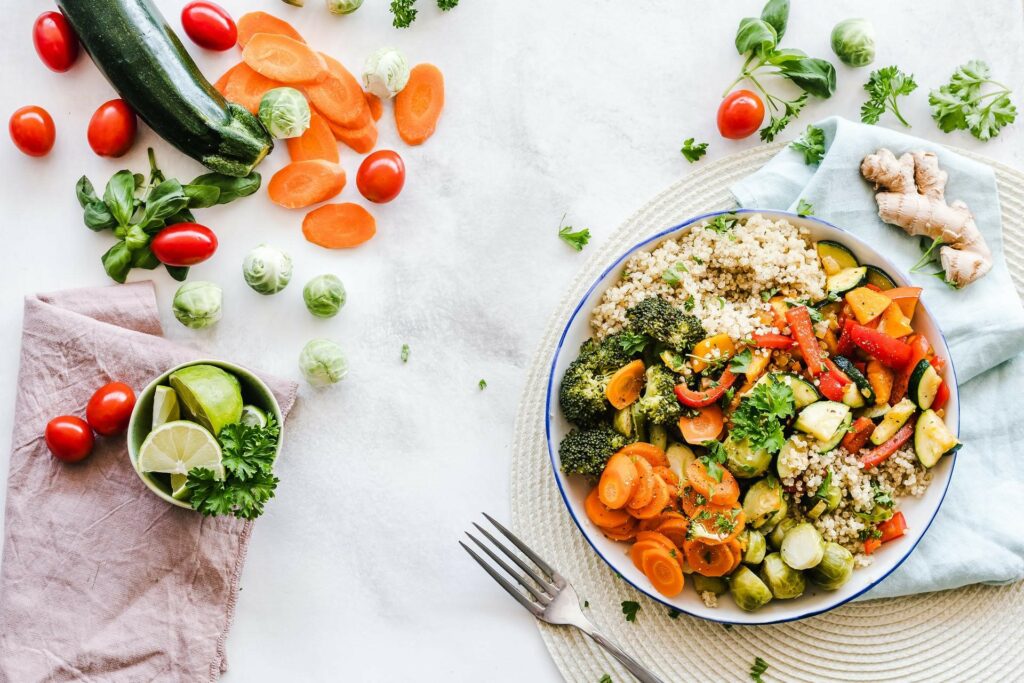
Food Equity: Food is Medicine
The Alameda County Recipe4Health initiative is an integrative model that addresses the main social determinants of health — food insecurity and chronic disease resulting from a lack of access to nutritious foods. The “Recipe4Health” approach encourages a more holistic view of food and nutrition, and emphasizes the importance of making conscious and informed choices about what we consume. This innovative approach seeks to advance health and racial equity by increasing access to affordable, nutrient-rich food that improves overall health and wellbeing.
Other Thought-Provoking Articles
Healing the Land and Themselves
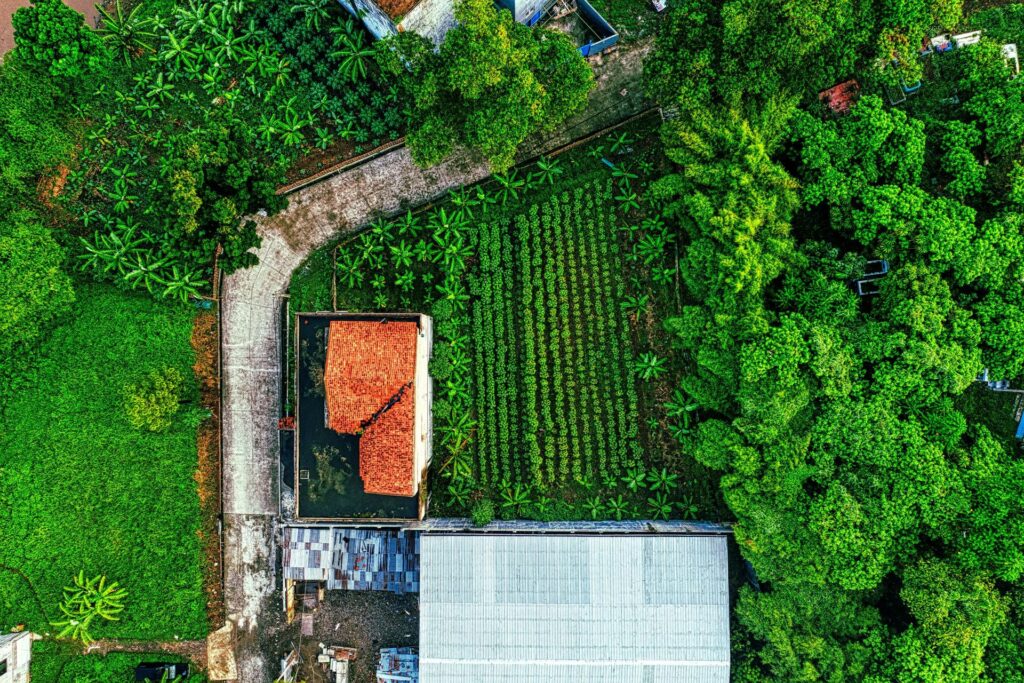
In recent years, there has been a growing interest in the traditional farming practices of Black and Indigenous communities in North America. This article explores the history and current state of Black and Indigenous farming in the United States, highlighting the many challenges faced by these communities in their efforts to reclaim ancestral lands and revive traditional farming practices. Despite these obstacles, Black and Indigenous farmers are still working to create a more sustainable and just food system. By prioritizing the needs of the land and the community over profit, these farmers are demonstrating the potential of regenerative agriculture to promote ecological health and social equity. Through their work, they are challenging former narratives about who has the right to own and cultivate the land, and inspiring a new generation of farmers and food justice advocates.
Dreaming Out Loud Works to Create Economic Opportunities, Equitable Food System

The Dreaming Out Loud organization is working to create economic opportunities and promote food equity in underserved communities in the Washington D.C. area. In this article, the Kresge Foundation highlights their approach for creating sustainable urban farms and farmers markets, providing job training and entrepreneurial support for local residents, and advocating for policy changes. By empowering local residents and creating opportunities for economic growth, Dreaming Out Loud is demonstrating the potential of community-based solutions to address the complex challenges of food justice and economic equity.
Additional Resources
- RD of Color Directory
- Women Food & Ag Network Conference Replay
- The United States Food Sovereignty Alliance
- The National Women In Agriculture Association (NWIAA)
- The Intertribal Agriculture Council
- Nutrition Connect
- Latino Economic Development Center
- Eat Right Org
Support Our Work

We are dedicated to making a difference in the lives of those living with food insecurity. We believe in the power of community-based projects that promote food justice and sovereignty, and that’s why we offer programs like our Fellows Program and Seed + Grants Program. Through these initiatives, we provide vital resources and support to those on the front line of the food sovereignty movement.
Our work is only possible thanks to the generosity of supporters like you. By making a donation today, you can help us continue to make a difference in the lives of those who need it most. Your support will enable us to expand our programs, reach more people, and create lasting change in communities around the world.
We believe that everyone has a role to play in creating a more just and equitable food system. Whether you choose to make a gift or share our work, your support will make a difference. Together, we can build a world where food sovereignty is a reality for all.
Don’t forget to share our message on social media using the #foodsovereignty hashtag and tag us @foodfirst. Together, we can make a difference!

